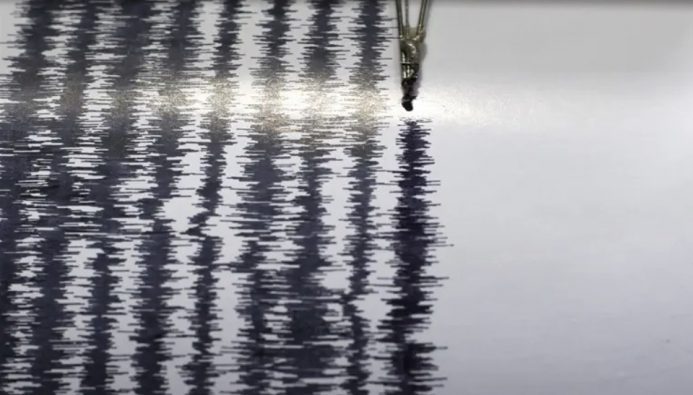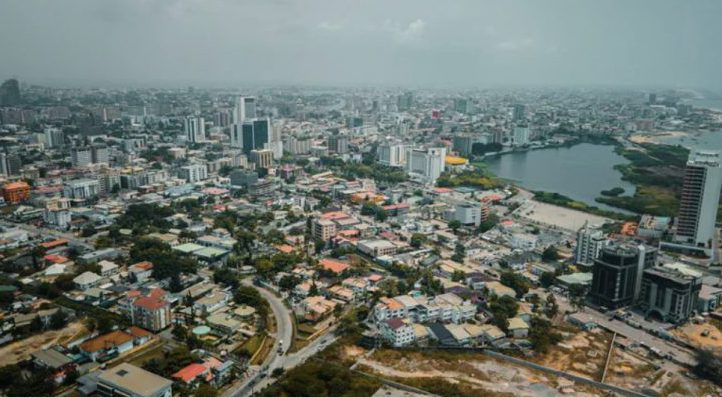A powerful earthquake off Russia’s Kamchatka Peninsula rattled the Pacific Rim, reviving global fears of seismic disasters that could disrupt military, trade, and energy lifelines.
A 7.8-magnitude earthquake struck off the coast of Russia’s far eastern Kamchatka Peninsula early Friday, shaking buildings across the region and triggering an immediate tsunami warning that was later lifted.
The tremor, one of the strongest in recent years to hit the volatile Pacific “Ring of Fire,” underscores the fragility of critical global arteries. Kamchatka’s strategic location — sitting on the rim of the North Pacific, near key U.S., Japanese, and Russian naval routes — raises concerns over how natural disasters can intersect with already high military tensions.
While no large-scale casualties or destruction were immediately reported, emergency agencies placed the Pacific region on alert. Analysts noted that in a climate where Russia, China, and the West are locked in strategic competition, any disruption to sea lanes or energy hubs caused by seismic activity could have cascading geopolitical effects.
For Israel, whose security and trade depend on global maritime and energy stability, the quake is a stark reminder that world security threats extend beyond terrorism and war. A natural disaster in one flashpoint region can ripple through supply chains, markets, and defense postures worldwide.





